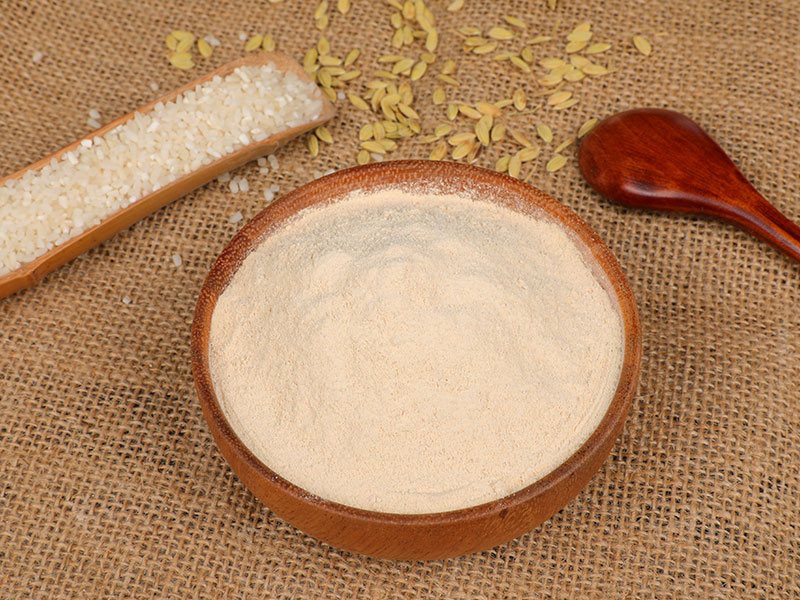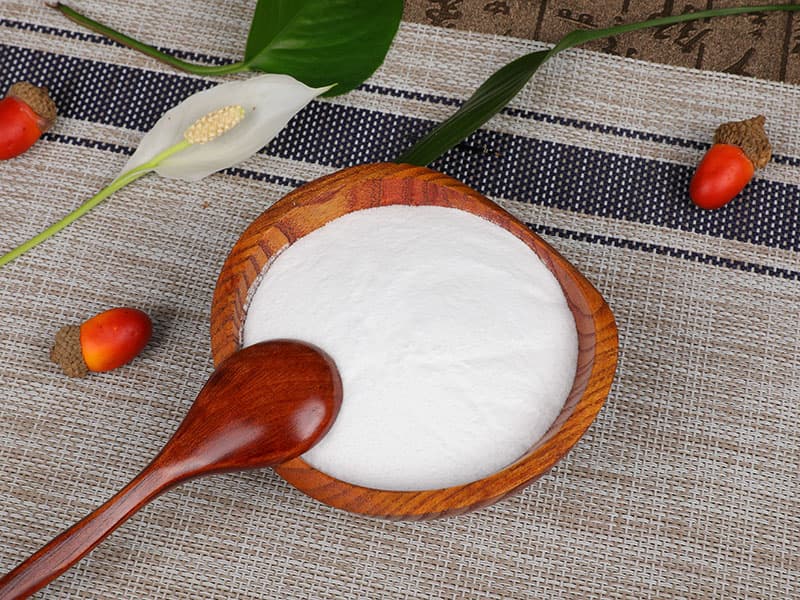Vitamin B12: Vitamin B12 is crucial for nerve function, DNA synthesis, and the formation of red blood cells. While rice protein itself does not contain vitamin B12, food products fortified with this vitamin can be made using rice protein as a base. This is particularly important for individuals following plant-based diets, as vitamin B12 is primarily found in animal products.
Vitamin D: Vitamin D is essential for calcium absorption, bone health, and immune function. While rice protein is not a significant source of vitamin D, it can be included in fortified food products alongside vitamin D-rich ingredients such as fortified dairy or plant-based milk alternatives. This helps increase overall vitamin D intake, which is especially important for individuals with limited sun exposure or those at risk of deficiency.
Folate (Vitamin B9): Folate is important for cell division, DNA synthesis, and the production of red blood cells. While rice protein itself may not be a significant source of folate, it can be included in food products alongside folate-rich ingredients such as leafy green vegetables, legumes, and fortified grains. This helps increase overall folate intake, which is crucial for pregnant women to prevent neural tube defects in developing fetuses.
Vitamin E: Vitamin E is an antioxidant that helps protect cells from damage caused by free radicals. While rice protein itself may contain small amounts of vitamin E, its inclusion in food products can contribute to overall vitamin E intake when consumed as part of a balanced diet that includes other vitamin E-rich foods such as nuts, seeds, and vegetable oils.
Vitamin A: Vitamin A is important for vision, immune function, and skin health. While rice protein is not a significant source of vitamin A, it can be included in food products alongside vitamin A-rich ingredients such as carrots, sweet potatoes, and leafy green vegetables. This helps increase overall vitamin A intake, which is important for maintaining overall health and wellbeing.


 English
English 中文简体
中文简体





